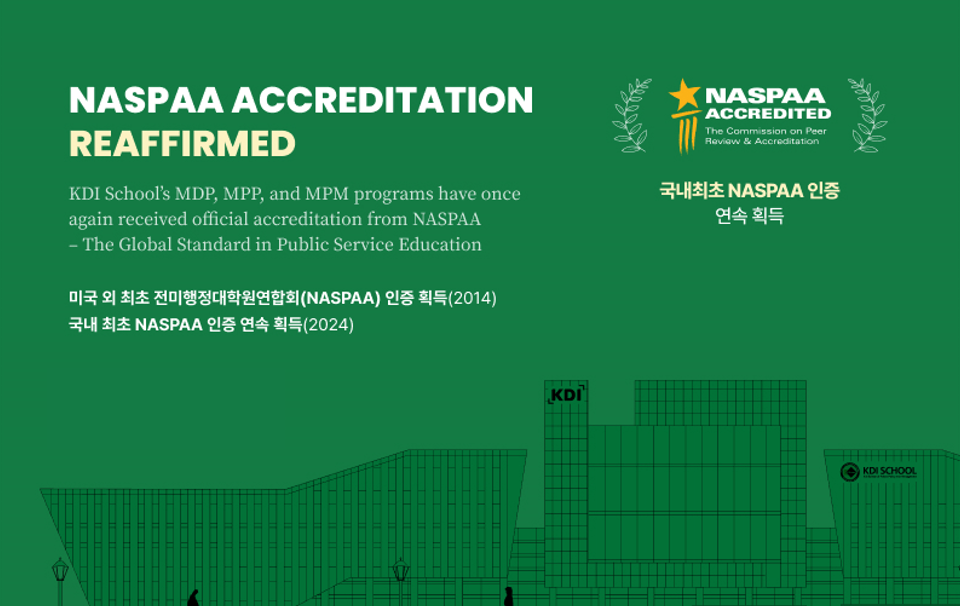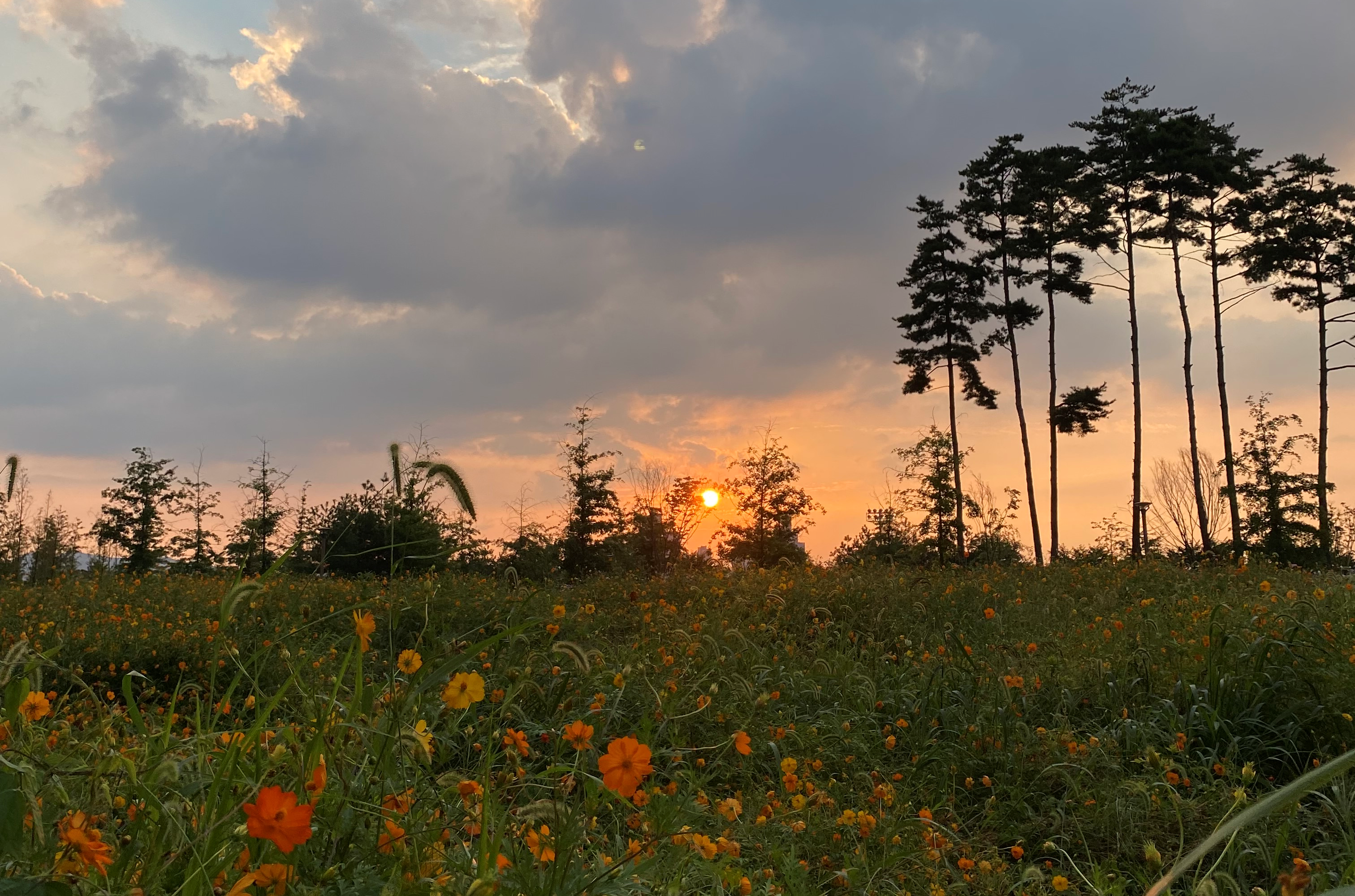
Life after the KDI School : Working for the public interest
- Date 2012-08-01 04:32
- CategoryStory
- Hit2203
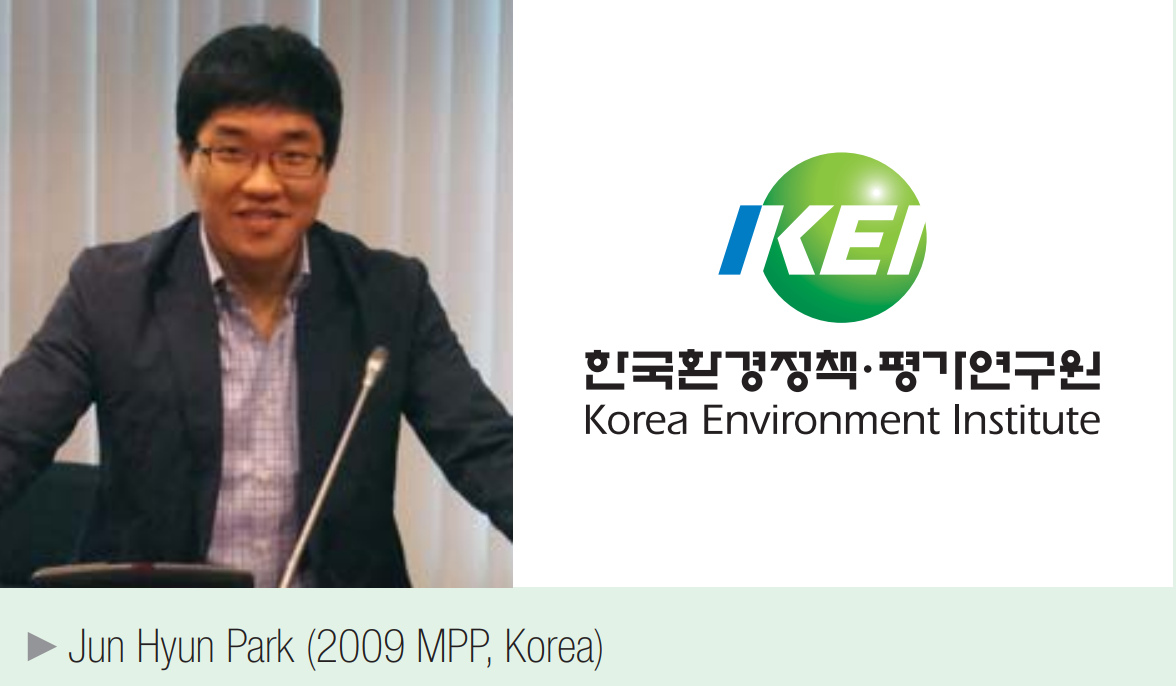
Focused on educating next-generation policy leaders, KDI School has a significant number of alumni working in government-affiliated organizations. Among the recent graduates three Koreans have also made their way into government-affiliated institutes. For students who’d like to follow a similar path, the Globe conducted an e-mail interview with these three alumni. Those who kindly agreed to share their experience are: Jun Hyun Park (2009 MPP, Korea), a researcher in the Global Strategy Center at Korea Environment Institute (KEI); Tae Jun Park (2010 MPP, Korea) who evaluates regional projects at the Korea Evaluation Institute of Industrial Technology (KEIT); and Mikyung Byun (2010 MPP/ED, Korea) who is working for international research cooperation at KEIT.
What do you think was the most crucial step you took in landing your current job?
Jun Hyun: It’s hard for me to pinpoint one crucial move, because it was more of a long-term preparatory process. While studying at the Carnegie Mellon University, I undertook a policy research project examining various issues of oil refineries in the States. This experience had me interested in environmental policy. Afterwards at the KDI School, I took a number of courses related to environmental policy, which helped familiarize myself with policy perspectives on pending environmental issues. Furthermore, studying Environmental Diagnosis and Management in Royal Holloway University of London equipped me with a holistic understanding of the scientific aspects of managing environment, such as diagnosis and modeling techniques for land degradation, water contamination, air pollution, etc.
When I returned to KDI School to continue with my MPP degree, I came across a job opening at the KEI. It was a kind of job I’ve always wanted, and the timing was perfect as well, since I was able to apply right after my last finals. I guess my message would be to set your goal early on and work your way toward it, so that you can stand ready to catch the chance when it comes.
Tae Jun: After working four years at the marketing division of a finance firm, I entered KDI School with the hope working in the public sector. It was not easy to change the field of work at the age of 34. Upon graduation I’ve got a number of offers from private companies to work at their marketing division, but I chose to stick to my guns and kept applying for a job in the public sector. I’d say the most important move on my part was to continue trying and wait for the right moment to come. After a series of failed attempts, I was able to step into a public institute where I can make use of my learning from the KDI School.
Mikyung: In my opinion, an endless challenge is the general imperative in getting a job one wants. You cannot possibly achieve everything in one try; the more you try, the higher the chance at reaching your goal.
Could you describe your job and your institute?
Jun Hyun: It is not until recent years that environmental concerns have taken priority in the government administration of Korea. However, once the concept of sustainable development has been on the rise, the government is doing its best to fulfill an expected role in the international community. It is in this global cooperation that KEI plays a great part. KEI is already a world-class environmental policy research institute, a pioneer to lead a sustainable society. Among many tasks that KEI assumes, I am mainly working for international cooperation projects at the Global Strategy Center.
Tae Jun: My duty is to evaluate diverse government projects designed to alleviate regional imbalance. Our team does not directly engage in the evaluation process but hire a group of experts and have them assess each project. Based on their reports we monitor the overall development of the projects, which will eventually affect the budget allocation for regional growth. I have to mention that feasibility study I learned from the KDI School greatly helped me carry out my duty here. Besides this main task, we also provide consulting for local governments.
Mikyung: KEIT has been established to plan, evaluate and manage industrial technology development projects. The department I belong to supports the entire R&D process, and I am working on fostering R&D related international cooperation.
Any word of advice about building a successful career?
Tae Jun: I would like to share just one specific tip: develop your own specialty. You first need to decide which subfield of the public sector you’d like to work in and make plans accordingly. Take related courses throughout the year; work as a research assistant of a professor working in your field of interest. I helped Prof. Kyewoo Lee, one of the most prominent figures in Korean ODA, and that experience incredibly improved my analytic skills.
Mikyung: First, build your expertise. Finding your own niche and becoming an expert thereof is critical in any career. Next, try to make a pleasant working environment. No matter how much you like your job, work efficiency would surely drop if you cannot get along with your colleagues. Lastly, appreciate where you are. Staying grateful to the opportunity you’ve been given will affect your performance in a positive way.
Jun Hyun: Let me reiterate that you should be prepared to seize the opportunity when it comes across. Second, share your plan with the professors so that they can help you with their advice; the KDIS faculty are very much willing to lend their support to the students. Lastly, find your strength and focus on promoting it. In my case, I have been living in several different countries and that helped me in my current line of work, coordinating international cooperation.
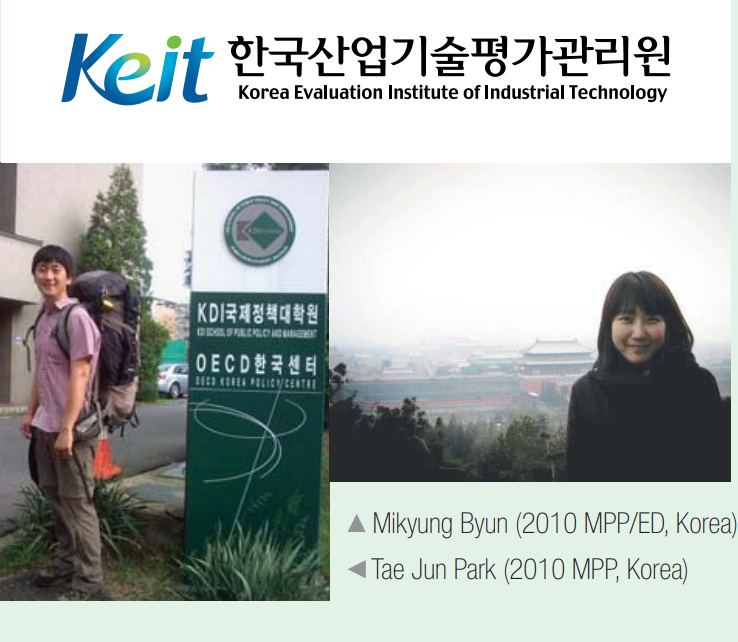
By Inja JEON (2012 MDP, Korea)
Related News
-

News1169 days ago
Celebrating International Women's Day 2022 with Prof. Joeun Kim#KDISCHOOL #KDIS #Internationalwomensday #professor #Interview #JoeunKim
-
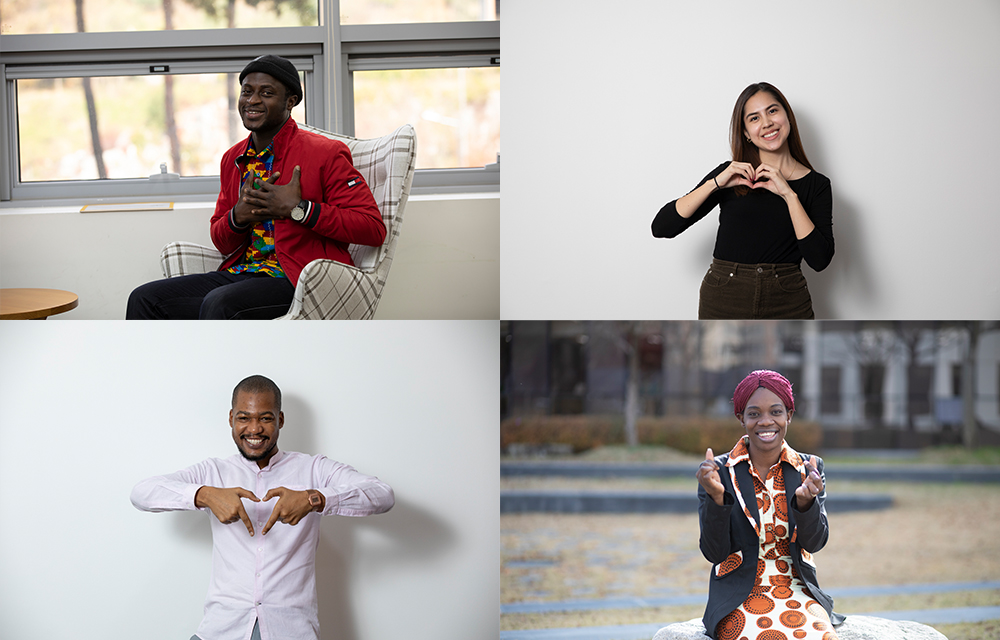
Story1262 days ago
Small Acts of Kindness with Big Impacts - Stories from KDIS Students#Interview #kdi #KDIS #KDI school #Student #kdischool #kindness
-
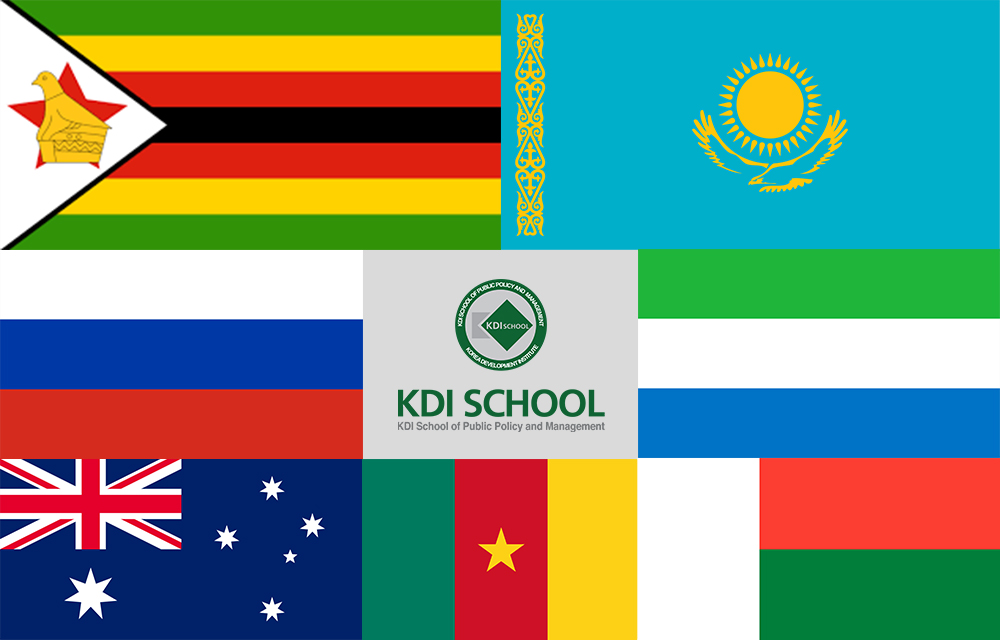
Story1265 days ago
Letters from the New Alumni Association Representatives#Interview #Alumni #kdi #KDIS #Kazakhstan #KDI school #kdischool #Alumni Association #Cameroon #message #australia #madagascar #russia #sierra leone #zimbabwe

